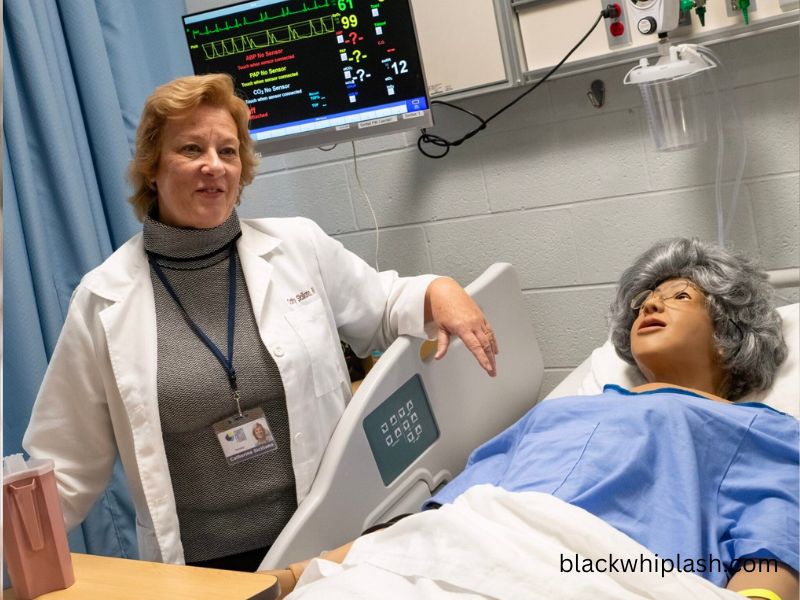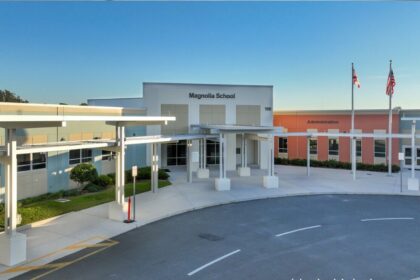The Morris Respiratory Therapy program at County College of Morris (CCM) offers a comprehensive, hands-on education in respiratory care, preparing students for careers as licensed Respiratory Therapists. With an emphasis on both academic knowledge and clinical experience, the program aims to equip students with the skills needed to thrive in various healthcare settings, including hospitals, emergency rooms, and home care.
Why Choose the Morris Respiratory Therapy Program?
CCM’s Respiratory Therapy program stands out due to its high accreditation standards and practical training. Accredited by the Commission on Accreditation for Respiratory Care (CoARC), the program offers a robust curriculum designed to provide both theoretical knowledge and real-world practice. The program prepares students to take the national licensure exams and become Registered Respiratory Therapists (RRTs).
Students in the program benefit from small class sizes, giving them personalized attention and access to state-of-the-art equipment, such as ventilators, spirometers, and other respiratory care tools. The program is structured in two phases:
- Pre-Professional Phase: Students complete general education courses, including biology, chemistry, and communication, which lay the foundation for more advanced respiratory care education.
- Professional Phase: The professional phase, which starts each fall and lasts three semesters, involves specialized respiratory therapy courses and hands-on clinical practice. Students apply their knowledge in real healthcare settings through clinical rotations at local hospitals and healthcare facilities.
Program Structure and Coursework
The curriculum combines general education with specialized respiratory therapy courses. Some of the core courses in the program include:
- Respiratory Therapeutics: Introduction to respiratory care, patient assessment, and basic procedures such as oxygen therapy and aerosol treatments.
- Cardiopulmonary Pharmacology: Focuses on drugs used in respiratory care, including dosages, side effects, and pharmacodynamics.
- Mechanical Ventilation: Students learn the theory and practical application of mechanical ventilation in patients who require respiratory support.
- Neonatal and Pediatric Respiratory Care: Specialized care for infants and children who have respiratory distress or other related issues.
The clinical practice component of the program is key to developing hands-on experience. Students are placed in hospitals, intensive care units, and pulmonary rehabilitation centers where they apply their classroom knowledge to real patients under the supervision of experienced clinicians.
Career Opportunities for Graduates
The job outlook for respiratory therapists is strong, with the Bureau of Labor Statistics projecting a 23% growth in employment from 2020 to 2030. Graduates of the CCM Respiratory Therapy program can find employment in various settings, including:
- Hospitals (ICUs, emergency rooms, operating rooms)
- Home Care: Providing respiratory therapy in patients’ homes
- Pulmonary Rehabilitation Centers
- Sleep Laboratories
- Air Transport: Working in medical flight teams
In addition to these settings, many RRTs pursue specialization in areas like neonatal-pediatric respiratory care or sleep technology. CCM also prepares students for advanced credentials and higher education, enabling them to take on roles in management, education, or research.
Accreditation and Licensure
The Respiratory Therapy program at CCM is accredited by CoARC, ensuring that the education meets high standards for professional practice. Graduates of the program are eligible to sit for the National Board for Respiratory Care (NBRC) exams, which are required to become licensed respiratory therapists in New Jersey.
Admissions and Application Process
Admission to the program is competitive, and students must complete the pre-professional phase of the program before applying for the professional phase. The professional phase begins in the fall, and prospective students must submit a separate application for consideration. A minimum grade point average (GPA) in the pre-professional courses is required for admission to the professional phase.
Conclusion
The Morris Respiratory Therapy program at County College of Morris offers a dynamic, hands-on education that prepares students for successful careers in respiratory care. With rigorous academic training, clinical experience, and a strong track record of graduate success, this program is an excellent choice for those looking to enter the high-demand field of respiratory therapy.
For more information about the program or to apply, visit the County College of Morris website or contact the Allied Health Department.


